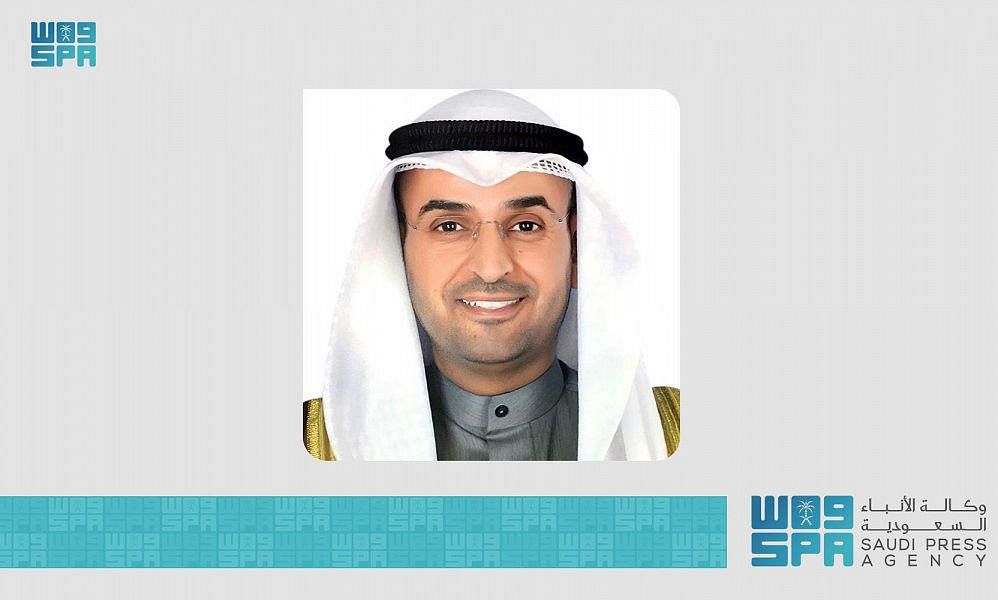
The headquarters of the opposition Kurdish National Council (ENKS) in Kobane was attacked in the early hours of Tuesday, causing severe damage to the building and creating a state of terror in the neighborhood.
The council issued a statement accusing the Revolutionary Youth movement, affiliated with the Movement for a Democratic Society, of attacking the offices of the council in Ain al-Arab.
Head of the local council of ENKS Barkal Ahmed asserted that unknown gunmen threw two bombs at the building, then fired a round of bullets from machine guns. He noted that the attack damaged the building and shattered its windows.
The statement denounced “intimidating” actions, saying that this is not the first attack on its offices in Kurdish cities and towns.
The umbrella group of opposition parties, which includes 16 political parties as well as academic and social figures, accused the Syrian Democratic Union Party (PYD) of being responsible for the attacks.
Remarkably, the Union Party is the ruling party in the regions east of the Euphrates and the Autonomous Administration of North and East Syria (Rojava).
However, the Council asserted that the unity of the Kurdish position is a strategic issue, and these “shameful acts of terror will not deter us.”
“Those who commit those actions amid intra-Kurdish talks, between ENKS and Kurdish National Unity Parties (PYNK), are evil people who want to harm the unity of Kurds in Syrian Kurdistan."
The general coordinator of the Kurdish Reform Movement, Faisal Yusuf, indicated that the talks were not suspended because of unresolved issues, but because the US sponsor is engaged in other matters.
He noted that the negotiations aim to resolve differences that persisted after the Dohuk Agreement (2014).
Yusuf called for promoting confidence-building measures between the Kurdish parties in Syria, stressing that the unity of the Kurdish position in Syria was, and still is, a strategic choice.
“We are negotiating for a political unity guaranteeing a true partnership that expresses the interest of the Kurdish people in Syria.”
The outstanding contentious issues between the two major components of the Kurdish movement revolve around several issues, such as the demand to reveal the fate of 10 kidnapped politicians and eight members of the Kurdish Military Council.
The Kurdish interference constitutes a major obstacle to the talks, as the council leaders accuse the Kurdistan Workers Party (PKK) of imposing its control over the Syrian Union Party, Syrian Democratic Forces (SDF), and the Kurdish Units.
The council also accuses the Party of working against any political partnership that may cancel its future role in the Kurdish-Syrian regions.
The council is ready to return to the US-sponsored negotiations with the unity parties and seeks a unified Kurdish position in the implementation of its political program.
Last October, unity talks stalled between Kurdish ruling and opposition parties after they moved to discuss more complex issues such as "protection, defense, and military forces" and the "Autonomous Administration partnership."












